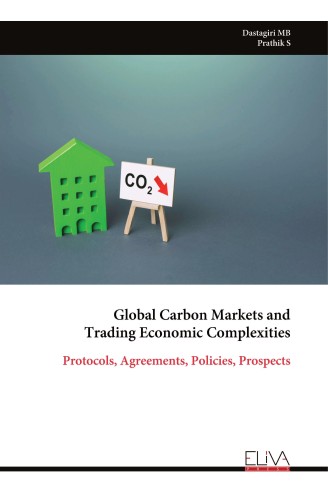Description
Leave review
Description
The study analyzes the global carbon credit system and carbon markets, tracing their origins from international agreements like the Kyoto Protocol to the current challenges posed by the 2022 global energy crisis. Revenue from carbon taxes and ETSs grew by over 10% in 2022, reaching nearly $95 billion worldwide. The revenue is influenced by factors such as the carbon price, covered emissions, and design features. Compared to the previous year, global revenue from carbon taxes and ETSs increased by approximately $10 billion. The study explores the differences between compliance and voluntary carbon markets, highlighting the economic complexities faced by governments when implementing carbon pricing policies during the energy crisis. It also discusses global carbon markets, bilateral cooperation with countries like China and Korea, and multilateral collaborations. The financial performance of carbon taxes and ETSs, which reached a record $95 billion globally in 2022, is emphasized. The study also examines the emerging scenario of pricing agricultural emissions, using New Zealand's pioneering efforts as an example. The methodology used is a research-based off on reports from ICAP, UNFCCC, UNDP, World Bank, and other reputed sources. The objectives of this are to shed light on various carbon trading endeavors around the world and to track their progress with respect to the Paris Agreement guidelines. It is observed that world governments are making great strides in implementing carbon laws through means of stringent monitoring and effective pricing of carbon credits. Thus also raising vast amounts of revenue which are diverted into areas requiring improvement. It is recommended that developed countries continue to aid developing countries in implementing carbon policies through means of financial relief or infrastructural aid via partnerships, strong capacity-building programs must be initiated and implemented stringently.




